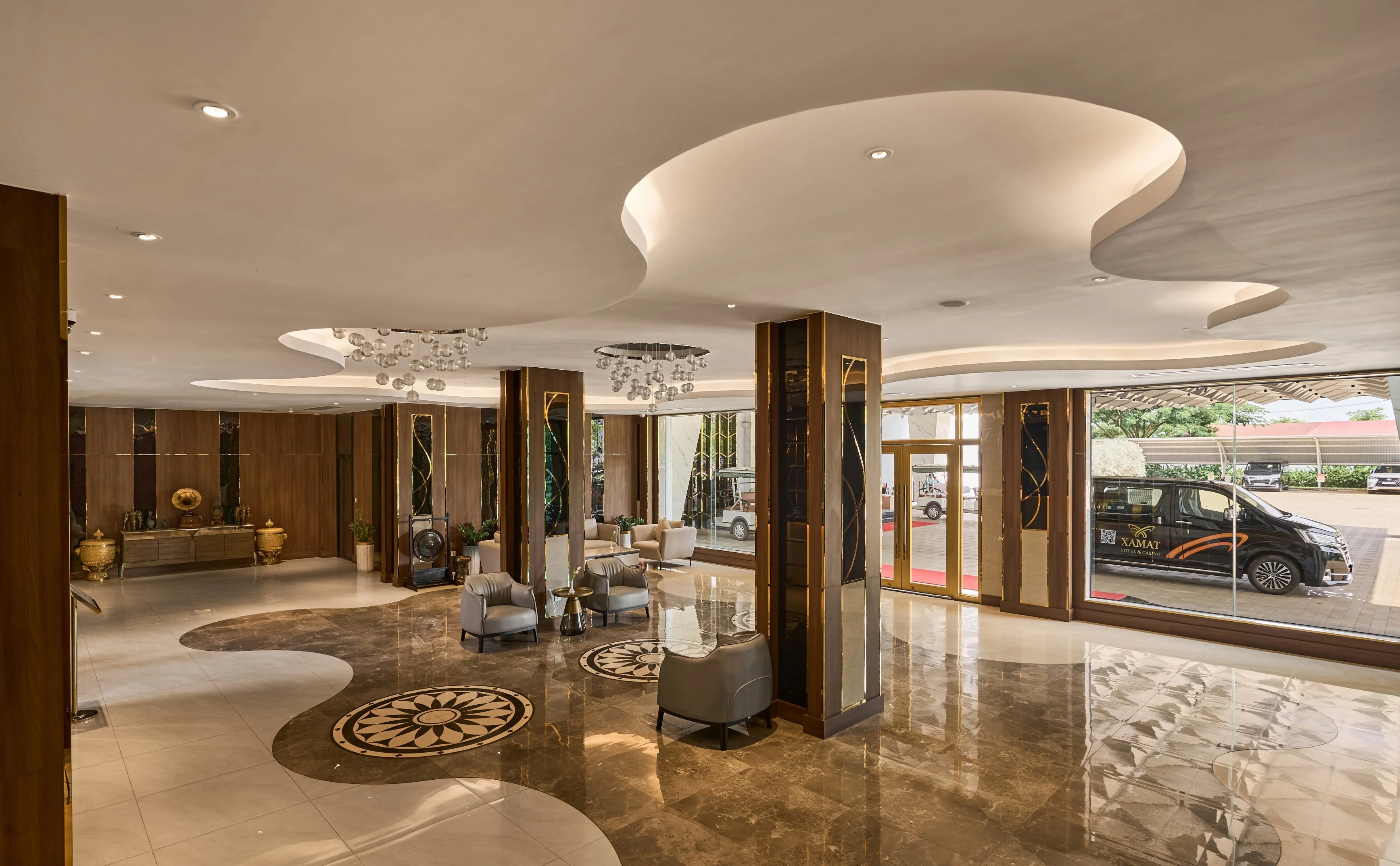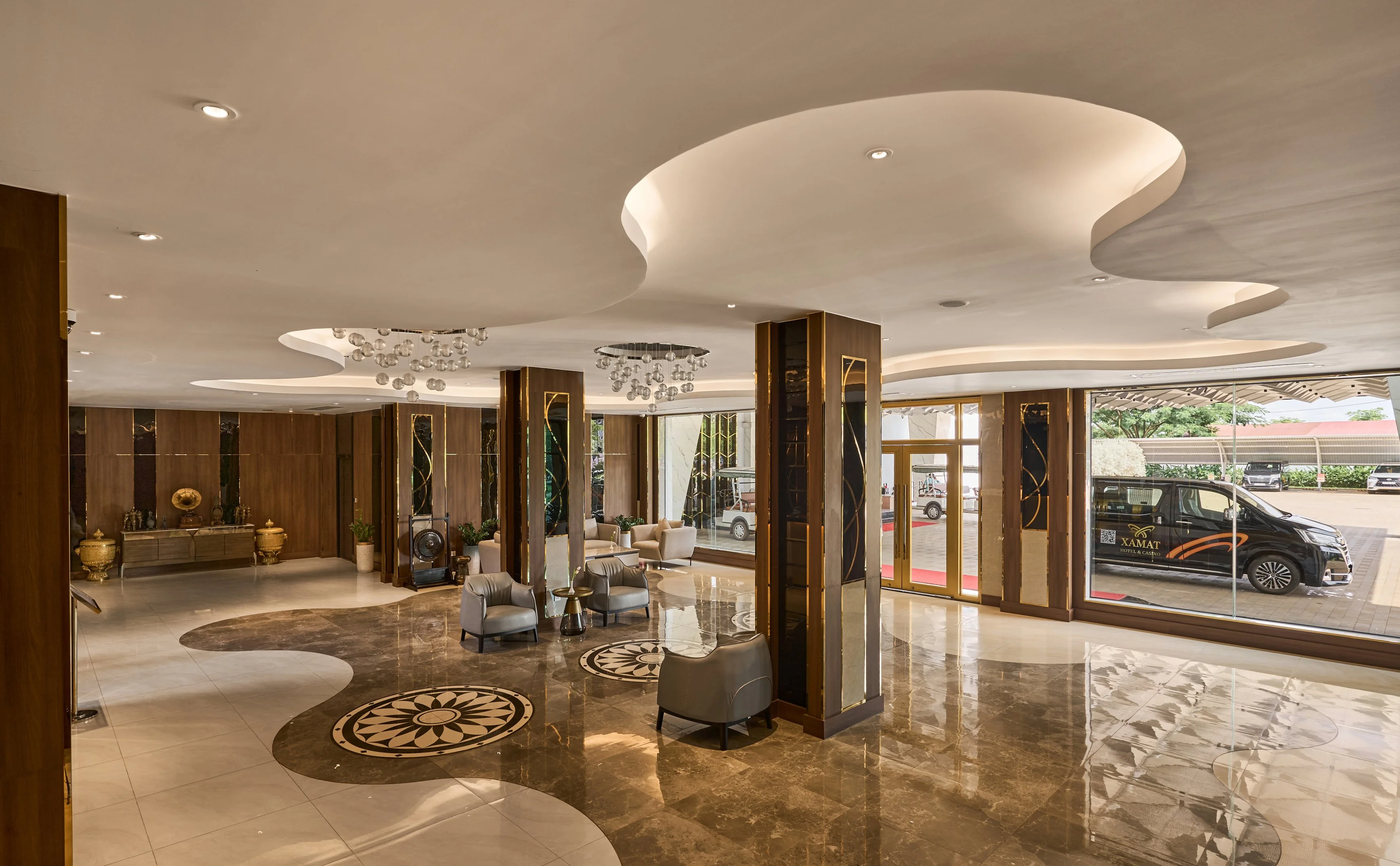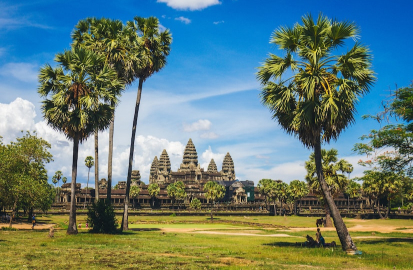If you want to understand more about the country and people of Cambodia, there is nothing better than participating in the traditional festivals here. These unique and meaningful festivals are a bridge between the past and the present, between spirituality and daily life like vivid films, taking you on an exciting journey to discover Khmer culture. Find out about 10 Cambodian festivals in the following article!
1. The Meaning of Cambodian Festivals
Each traditional festival of the Cambodian people has its own meaning, not only an occasion to express religious beliefs but also a way to connect the community and preserve long-standing cultural values. Most festivals are associated with Buddhism, reflecting the Khmer people's faith and respect for their ancestors, nature and guardian gods. This is also an opportunity for people to express their gratitude, pray for a peaceful life, bountiful harvests and harmony in the community.
For tourists, festivals are a special occasion to explore, feel and immerse themselves in the unique cultural beauty of this country of pagodas.
2. Top 10 Cambodian festivals that tourists should not miss
Here are 10 unique festivals in Cambodia with strong Khmer culture that tourists should not miss when traveling to this country:
2.1 Chol Chnam Thmay Festival (Khmer New Year)
Taking place in April every year, Chol Chnam Thmay is the biggest festival of the year for the Khmer people, lasting for 3 days (main day). This is the time when Cambodian people welcome the new year according to the Khmer calendar. The festival is held with many interesting activities such as worshiping ceremonies at pagodas, fun folk games and especially the exciting water festival. Chol Chnam Thmay not only marks a new beginning but is also an occasion to wish peace and luck to everyone.
Khmer New Year can last from 10 to 15 days, however today it is usually celebrated over 3 main days.
2.2 Pchum Ben Festival (Khmer Vu Lan Festival)
Pchum Ben Festival is held in late September and early October of the Gregorian calendar every year, and is an occasion for Cambodians to commemorate their ancestors and the deceased. During the festival, families often offer rice and food to monks, burn incense and pray for the souls of their ancestors to be liberated. This is a unique cultural feature, deeply demonstrating the filial piety and gratitude of the Khmer people towards the previous generation.
2.3 Ok Om Bok Festival (Moon Worshiping Festival)
Ok Om Bok, which takes place on the full moon day of the 11th Lunar Month every year, is a traditional agricultural festival to thank the moon god for bringing a bountiful harvest. The festival includes moon worshiping rituals with flattened rice and fruit, releasing shimmering flower lanterns on the water and organizing traditional boat races. This is the time when people express their gratitude to nature and pray for a favorable harvest.
2.4 Bon Om Touk (Water Festival)
Bon Om Touk, also known as the Water Festival, is held in late October or early November for 3 days to celebrate the changing flow of the Tonle Sap River. During the festival, exciting boat races take place on the river, combined with parades and art performances. This is one of the biggest festivals in Cambodia, showing respect for water - an important element in people's lives.
Water festival is one of the most popular and unique Cambodian festivals of the local people.
2.5 Buddha Day – Vesaka Bochea
Vesaka Bochea, which takes place on the 17th day of the 4th lunar month, is a festival to celebrate the birth of Buddha. On this day, Cambodians gather at temples to pray, carry Buddha statues and perform sacred rituals. The festival is an opportunity to pray for peace and happiness, and to remind people of compassion and morality.
2.6 Angkor Festival
Held in January, the Angkor Festival is the largest cultural and artistic event in the Angkor complex. The festival features traditional art performances such as Apsara dance, heritage exhibitions and fairs. This is an opportunity to honor Khmer culture, while promoting tourism and the value of Angkor World Heritage to international friends.
2.7 Meak Bochea Festival
The Meak Bochea Festival, which takes place on the full moon day of the third lunar month every year (according to the Cambodian calendar), is an important Buddhist holiday that commemorates the spontaneous visit of 1,250 monks to pay homage to the Buddha, without prior appointment. During the festival, people hold prayer ceremonies, chant sutras at pagodas, and participate in candlelight processions on the sacred night. The festival is an occasion to respect Buddhism and encourage compassion in the community.
Meak Bochea is a major sacred Buddhist festival in Cambodia.
2.8 Birthday of the King of Cambodia
The Birthday of the King of Cambodia is an important event held every May. The celebration includes solemn activities at the Royal Palace, folk rituals and a spectacular fireworks display. This is an occasion for people to show their loyalty and respect to the King.
2.9 Pchum Ben Festival - Ancestor's Day
The Pchum Ben Festival takes place on the 15th day of the 10th lunar month and lasts for 15 days. This is the most important event of the year for people to remember their ancestors. In addition to the rice offering and prayer rituals, the festival also has many unique cultural activities, helping to connect the community and preserve family values.
2.10 Royal Ploughing Ceremony
The Royal Ploughing Ceremony, which takes place at the beginning of the rainy season (June 4th of the lunar calendar), is a traditional agricultural ceremony attended by the king or royal family. The festival is intended to predict the upcoming harvest and encourage people to start the planting season. It is also an opportunity for visitors to learn about Cambodian agricultural culture.
Royal Plowing Ceremony or also known as Paddy Festival in Cambodia.
Cambodian festivals are not only a national cultural asset but also a precious heritage of humanity. Learning and experiencing these festivals is not only a discovery but also a way for us to contribute to preserving precious traditional values.
If you want to combine a cultural discovery journey with a classy resort experience, Xamat Hotel & Casino is an option not to be missed. Xamat Hotel & Casino is proud to own a system of modern rooms, designed with a luxurious and sophisticated style, meeting all the needs of tourists. From cozy standard rooms to high-class rooms with spacious spaces, balconies with beautiful panoramic views, each room is fully equipped with amenities such as soft beds, large screen TVs, minibars and private bathrooms that meet international standards. All are aimed at bringing you the feeling of being at home, but with a touch of typical luxury.
Rooms at Xamat Hotel & Casino are designed in a modern, comfortable style that will surely satisfy every visitor.
In addition to comfortable bedrooms, Xamat Hotel & Casino also has other amenities and entertainment such as restaurants with delicious dishes, coffee shops, modern gyms, luxury swimming pools, lively casino entertainment, etc. Xamat Hotel & Casino ensures to bring you both relaxing and exciting moments throughout your trip!
Immerse yourself in the cool water and wash away all your fatigue at the swimming pool at Xamat Hotel & Casino!
Enjoy a classy vacation at Xamat Hotel & Casino – Contact us to book a room today!



